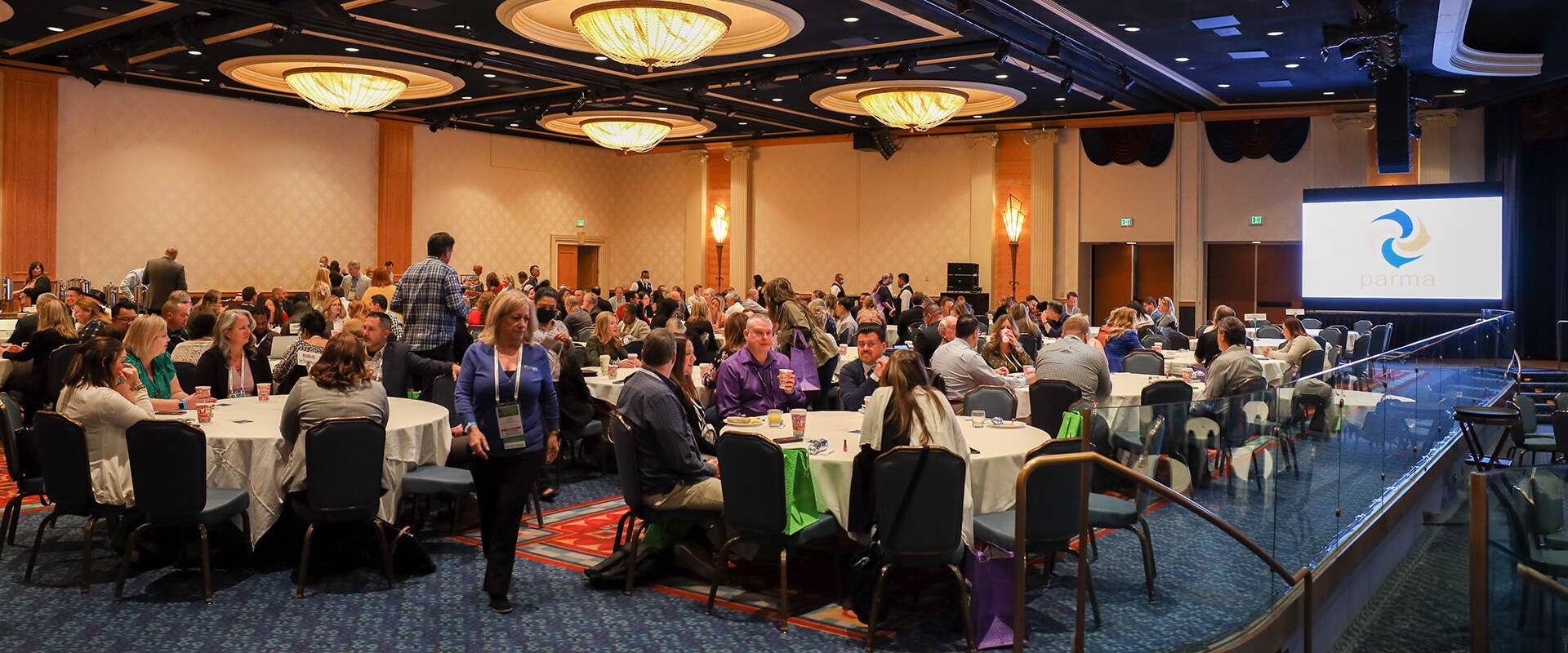WCRIB: California Workers’ Comp Written Premium to be Down Again This Year
Lower workers’ compensation rates in California will bring down written premium once again this year, according to a forecast from the Workers’ Compensation Insurance Rating Bureau.
That revelation is expected in a full report on the state of California’s workers’ comp system is due out in about a week, but David Bellusci, WCIRB executive vice president and chief actuary, gave a rundown of what to expect during the group’s annual conference in San Francisco on Thursday.










